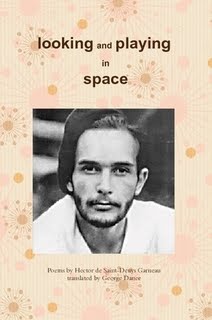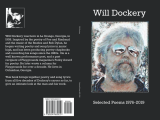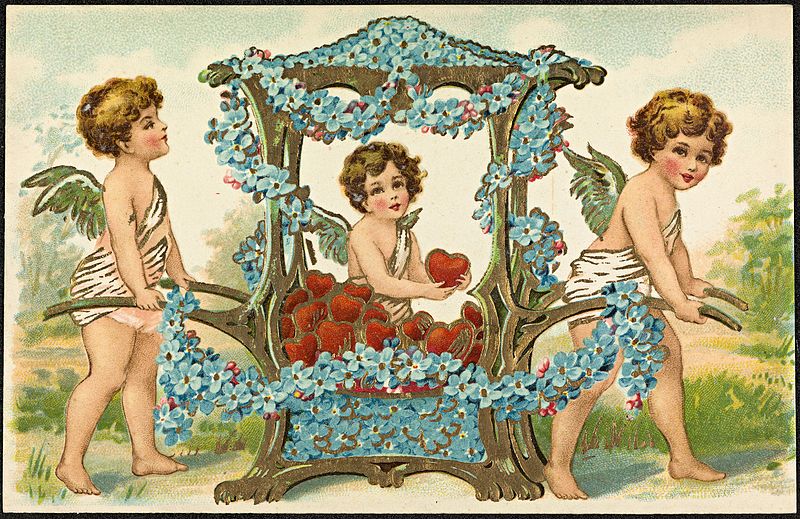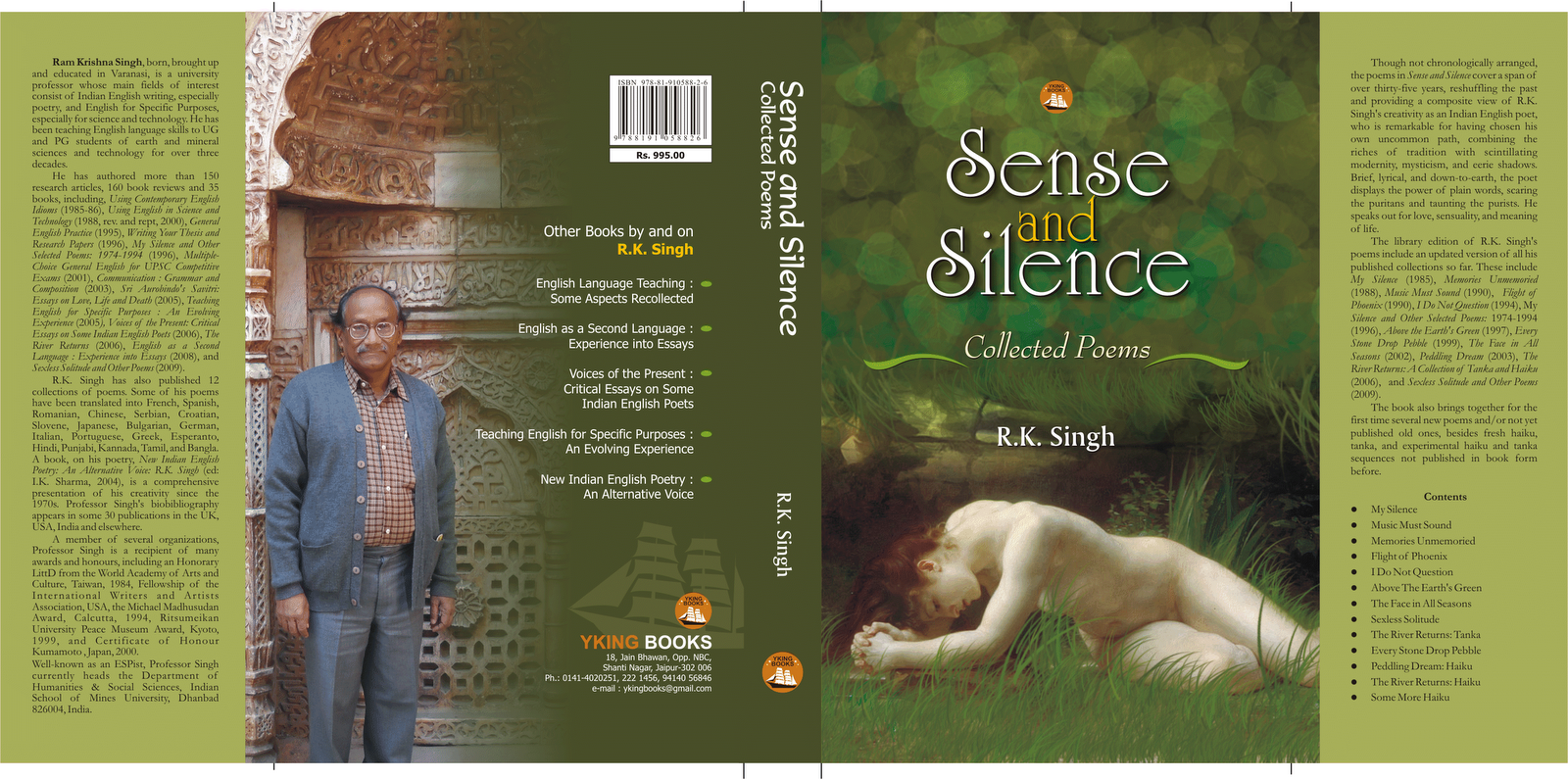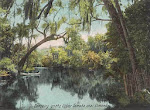The Old Year out and the New Year in
Ring then, ring loudly, merry midnight bells,
Peal the new lord of days blithe welcoming —
What though your sweet‐scaled tones be also knells,
Be knells the while for the old fallen king
Resting his dying head upon the snow?
Ring out the old year, for the new year ring.
Mock him with laughing voices, bid him go;
Let him make haste to rest among the dead,
He is no more it lord for life to know.
Ring in the coming year; his power has fled,
He has no blessing and no sorrow more.
Ah well; yet should no tear for him be shed
Surely some gift of good to men he bore,
He too was greeted as an honoured guest;
Ah fickle! do we joy his reign is o’er?
Should we so vex him, as he sinks to rest,
Greeting with glad acclaim his passing sigh?
He droops into his grave unmourned, unblest;
With dying ears he hears the joyous cry
That bids his rival take his crown and reign;
The mirth of music and of songs laughs by;
He hears men merry at his dying pain,
“He breathes his last, laugh him a gay good‐bye.”—
And yet he did not live with us in vain.
But what is this to me? Well, let him die.
Did he bring any joy or good to me?
He taught me tears, shall tears now flood mine eye?
But I among the rest make jubilee,
(Here in the midnight, sitting all alone,
Far in my heart from any thought of glee),
And, triumphing to see him overthrown,
I say “Yes die, make haste to thy far flight,
Let the new days reap that which thou hast sown.”
For thou hast sown; and if thy stormful might
Has crushed the buddings of the former years,
Ah well! their fields of promise were too bright,
Too bright — oh! childish folly of vain tears,
To weep for weeds which were no more than fair,
And dwarfed the fulness of the golden ears!—
Too bright with cornflowers and the crimson flare
Of idle poppies, and with purpled chains
Of trailing vetch too frail its weight to bear.
Well, thou hast broken them with they strong rains
And buried them to death beneath thy snows —
What though with them have sunk the swelling grains?
For nought can perish quite; the crimson glows
Will be more faint, the purples fade away,
But harvest wealth will wave in closer rows.
The buried blooms give life from their decay,
And strength and fulness to the aftergrowth,
Out from their graves it climbs to a perfect day.
So comes a richer fruit. Why am I wroth
With thee, old year? And yet I am content:
Now in that thought, now this, and doubting both.
I say “Haste hence; I joy thy life is spent,
I shall breathe freer when thy reign is o’er;
Let the young lord of hopes make his ascent.”
I say “Oh dying year, my heart is sore
For thee who hast become a part of me,
I grieve that I shall see thy face no more.”
And all the while the death‐chills creep o’er thee
Lying on thy cold couch ’mid snow and rain;
A moment now, and thou hast ceased to be.
Hark! hark! the music of the merry chime!
The King is dead! God’s blessing on the King!
Welcome with gladness this new King of Time.
Oh merry midnight bells, ring blithely, ring,
Wake with your breathless peal the startled night,
High in your belfry in mad frolic swing.
Laugh out again, sweet music and delight,
In happy homes a moment hushed to hear
The midnight strokes boom out the old year’s flight.
See, he is gone for ever, the old year,
Why should we vex our hearts with sad farewells?
Let the dead sleep, bare not his shrouded bier,
Ring on, ring yet more gladly, merry bells,
Peal the new lord of days glad welcoming—
What though your happy chimes be also knells?
~~
Augusta Webster (1837-1894)
from A Woman Sold, and other poems,
1867
[Poem is in the public domain worldwide]





